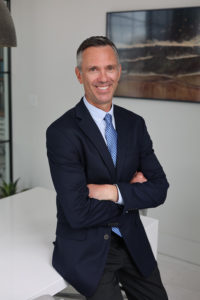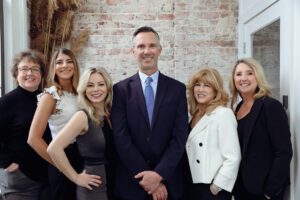
The word is out – taking care of your oral health is better for your whole body, including your mind. However, statistics still indicate only about half of the population goes on a regular basis. For those that do go, most patients usually stay with a dentist unless there is some kind of personality conflict or philosophical discrepancy in the perceived need for treatment. How do you know if another opinion is right for you?
When it comes to larger purchases, such as a car, a house or even home improvements, it’s not uncommon to get a second or third opinion/quote. We use the information we gather to make a more informed decision about where… (Read More)


